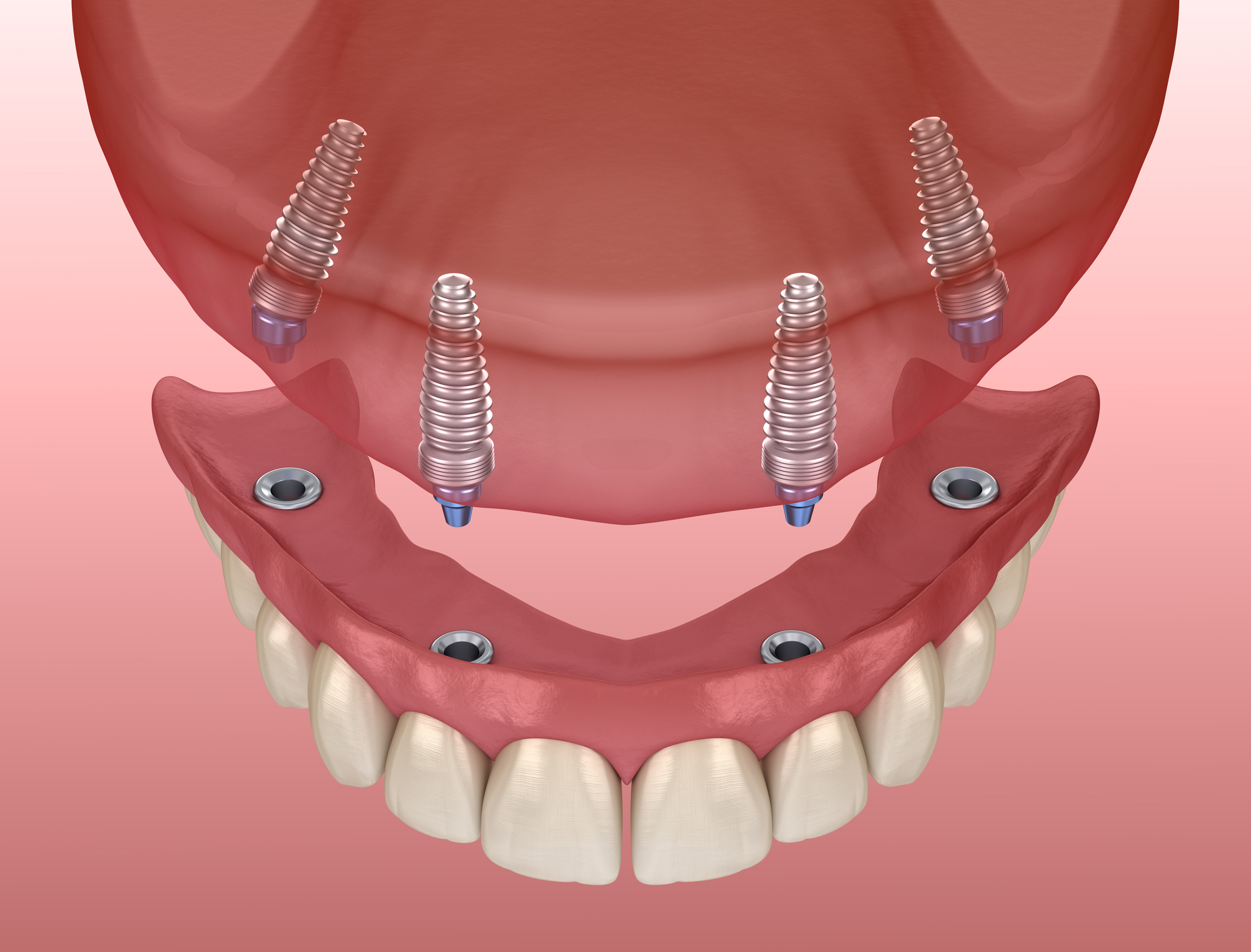Dental implants have revolutionized the field of dentistry, providing a robust and long-lasting solution for individuals facing tooth loss. Among the materials used for dental implants, titanium stands out as a reliable and durable choice. This article explores the characteristics of titanium, its role in permanent dental implants, and the evidence supporting its status as a lifelong solution.
The Titanium Advantage:
Titanium’s exceptional biocompatibility is a key factor in its widespread use for dental implants. When implanted into the jawbone, titanium integrates seamlessly with the surrounding tissues, reducing the risk of rejection or allergic reactions. This property promotes a stable and natural foundation for the replacement tooth.
Strength and Durability:
Titanium boasts an impressive strength-to-weight ratio, making it an ideal material for dental implants. Its durability ensures that the implant can withstand the forces exerted during biting and chewing without compromising its structural integrity. This strength contributes significantly to the long-term success of dental implants.
Osseointegration:
One of the most crucial aspects of a successful dental implant is osseointegration, the process by which the implant fuses with the jawbone. Titanium’s ability to promote osseointegration is unparalleled, with the fixed titanium implants providing a solid anchor for the artificial tooth. This integration ensures stability and prevents issues like implant loosening or failure over time.
Clinical Studies:
Numerous long-term clinical studies support the idea that titanium dental implants can endure for a lifetime. These studies follow patients over extended periods, often spanning several decades, and consistently demonstrate high success rates and minimal complications associated with titanium implants.
Retrospective Analyses:
Retrospective analyses of patients with titanium dental implants further corroborate the long-term success of this material. These studies assess the performance of implants over many years and highlight the sustained functionality and stability provided by titanium implants.
Advancements in Technology:
Ongoing advancements in dental implant technology, including improvements in implant design and surface modifications, continue to enhance the longevity of titanium implants. These innovations address potential challenges and contribute to even better outcomes for patients over the years.
Maintenance and Care:
While titanium dental implants offer a promising lifelong solution, proper maintenance and care are crucial for ensuring their longevity. Patients with implants should adhere to regular dental check-ups, practice good oral hygiene, and avoid habits such as smoking, which can compromise the health of the implant and surrounding tissues.
Challenges and Considerations:
While titanium has proven to be a highly successful material for dental implants, it’s essential to acknowledge potential challenges. In some cases, patients may experience issues like peri-implantitis, an inflammatory condition affecting the tissues around the implant. Yet for the most part special cleaning is not required with prompt diagnosis and appropriate treatment, the majority of these challenges can be effectively managed, preserving the implant’s longevity.
The Enduring Promise of Titanium: A Lifelong Solution as Permanent Dental Implants
Titanium has established itself as a frontrunner in the realm of permanent dental implants, offering a combination of biocompatibility, strength, and osseointegration that contributes to its long-term success. The wealth of evidence from clinical studies and retrospective analyses supports the notion that titanium implants can provide a lifelong solution for individuals seeking durable and reliable tooth replacements. With continued advancements in technology and a commitment to proper maintenance, titanium dental implants stand as a beacon of hope for those looking to regain both function and aesthetics, ensuring a lasting and satisfying outcome for years to come.

